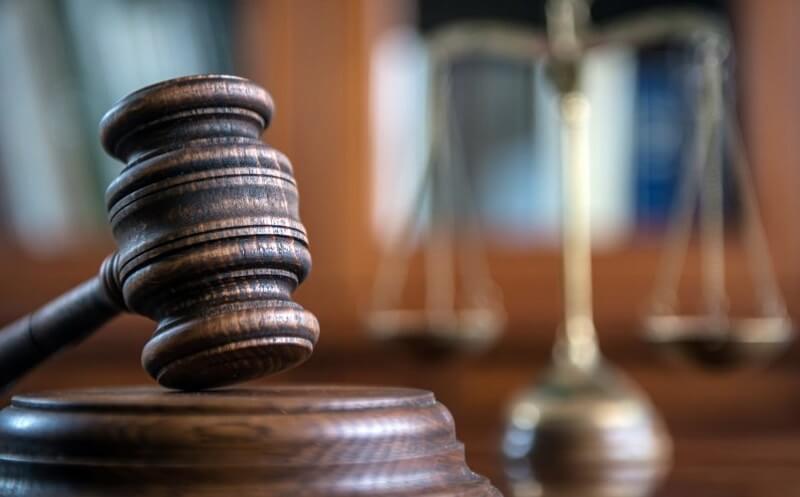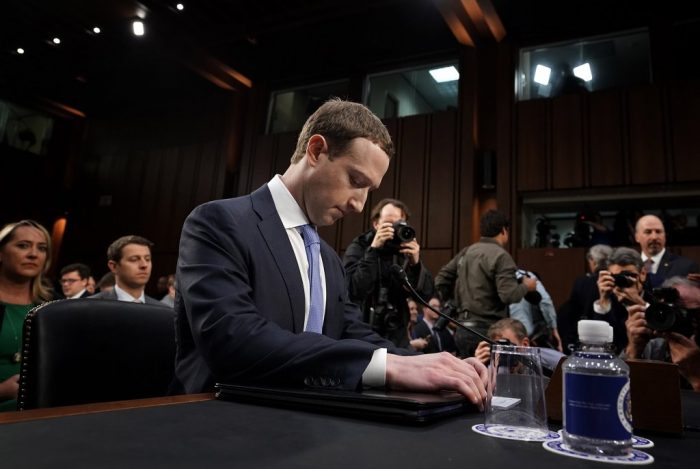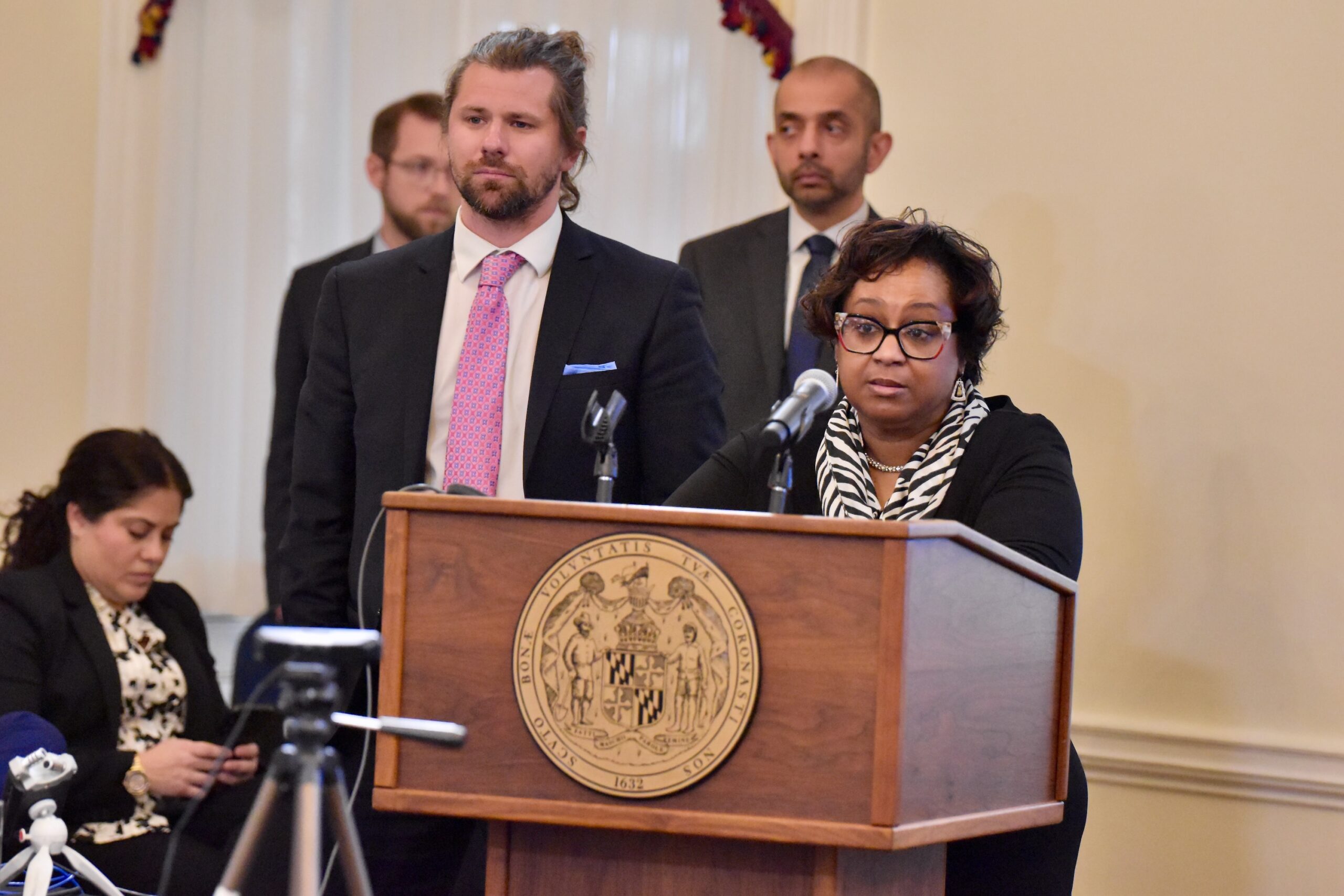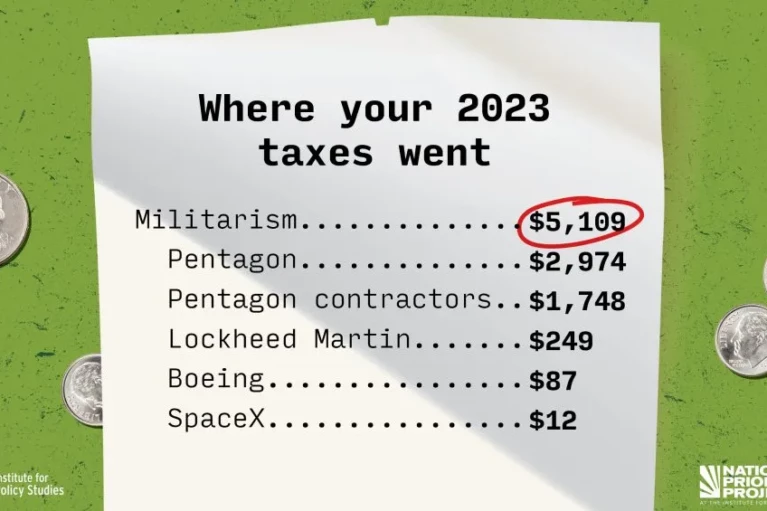
The COVID-19 pandemic has created an unprecedented financial burden for Marylanders, with high rates of unemployment, businesses shuttering, and the deaths of family and friends. While we will never be able to repair the deep harms this virus has caused fully, this session of the Maryland General Assembly presents multiple opportunities to alleviate financial harm, particularly in the justice system.
There might be no place where the effect of income loss is more potent than the criminal justice system. Indeed, a lack of funds to pay for services can translate into the loss of liberty, as those who cannot afford pretrial programs or supervision costs can end up incarcerated.
Proposed bills could help remove barriers indigent Marylanders currently face to accessing justice. For example, SB 236 would remove the costs of home monitoring for indigent individuals, a change some counties in Maryland have already made. Similarly, SB 299/HB 126 would prohibit state-funded pretrial services from charging defendants. For individuals who have been found by a judge to be otherwise safe to remain in the community, the types of programs outlined in these bills ensure that wealth is not the determiner of incarceration.
A successful reentry into society after justice involvement is also too often dictated by finances. HB 238 would make record clearance automatic for certain non-conviction records, creating more employment opportunities for individuals.
But perhaps the most notable justice bill would require the court to assess why an individual is unable to pay a fine and removes the possibility of imprisonment for lack of payment. As a former public defender in Baltimore city, I witnessed firsthand when individuals were jailed for their inability to pay court fines. My clients were faced with the impossible choice between basic necessities, like rent and food, or contending with court fines and fees. COVID-19 has exacerbated this problem as some of the most economically vulnerable communities have faced the highest rates of unemployment.
These fines and fees often trap individuals in a cycle of poverty and debt. Additionally, they may actually harm public safety by turning law enforcement officers into collection agents, detracting from their ability to solve real crime. Assessing fines and fees on our poorest citizens as a revenue generator is also incredibly inefficient and often not worth the costs of collection. By requiring courts to assess inability to pay, we may be able to improve public safety and address these inefficiencies in the system.
The taking of liberty is the severest of sanctions, and in general, should be reserved for when no other punishment would serve both the individual and society. Ostensibly, the Maryland Constitution recognizes this principle in Section 38 when it states that “No person shall be imprisoned for debt.” Yet individuals continue to be jailed for the inability to pay court fees and fines.
But incarceration for lack of payment of fines is bad policy. Perversely, it makes it even more difficult for individuals to fulfill their financial obligations as it completely disrupts their ability to ever pay back the debt (often leading to the loss of their homes and jobs). It also does little to improve public safety, since these individuals are incarcerated not because of dangerousness, but because they are poor. This bill authorizes individual installment plans that actually consider a person’s ability to pay, while prohibiting imprisonment for nonpayment.
The pandemic is a crisis, and many jurisdictions are responding accordingly to help ease the social and financial harms people are facing. During this difficult time, we have an obligation to ensure a basic respect for human dignity, while preserving public safety and an effective government.
These four justice reform bills could remove financial barriers to pretrial services, expungement, and court-ordered fines and fees. In a time when so many of our neighbors are struggling, these justice reforms should be at the top of the list this session.
— NILA BALA
The writer is the associate director of Criminal Justice and Civil Liberties Policy and a resident senior fellow at R Street.




 Creative Commons Attribution
Creative Commons Attribution